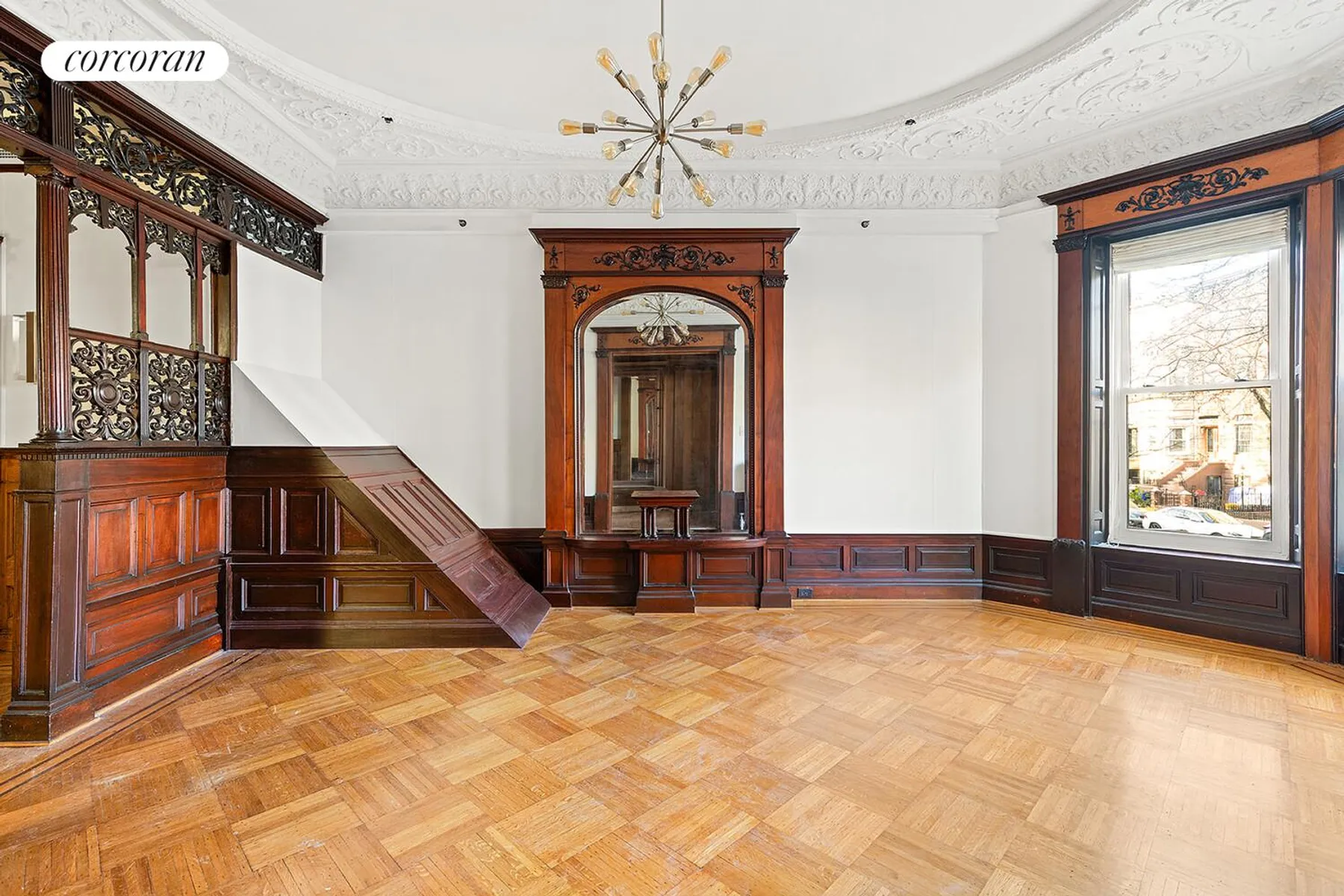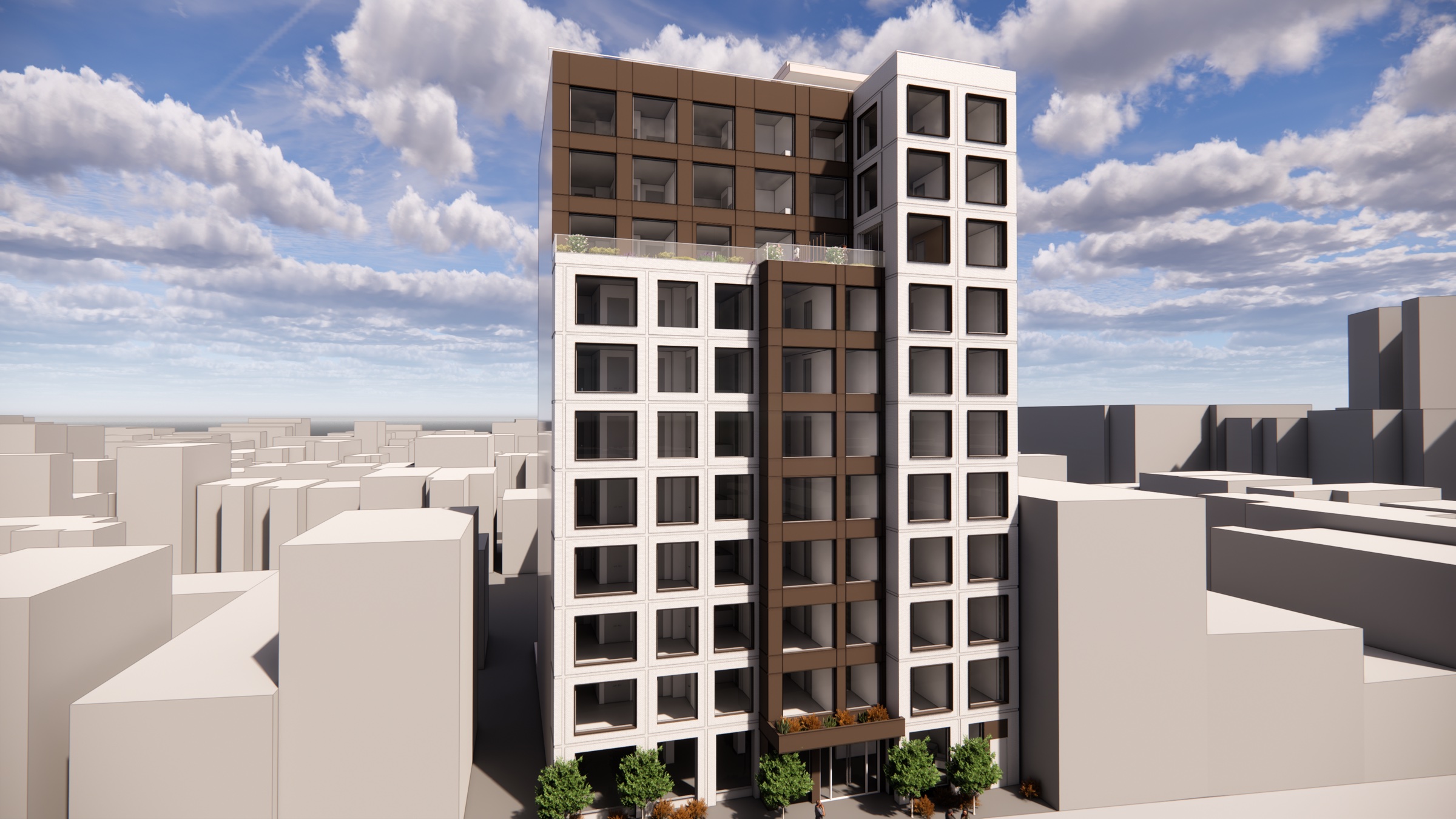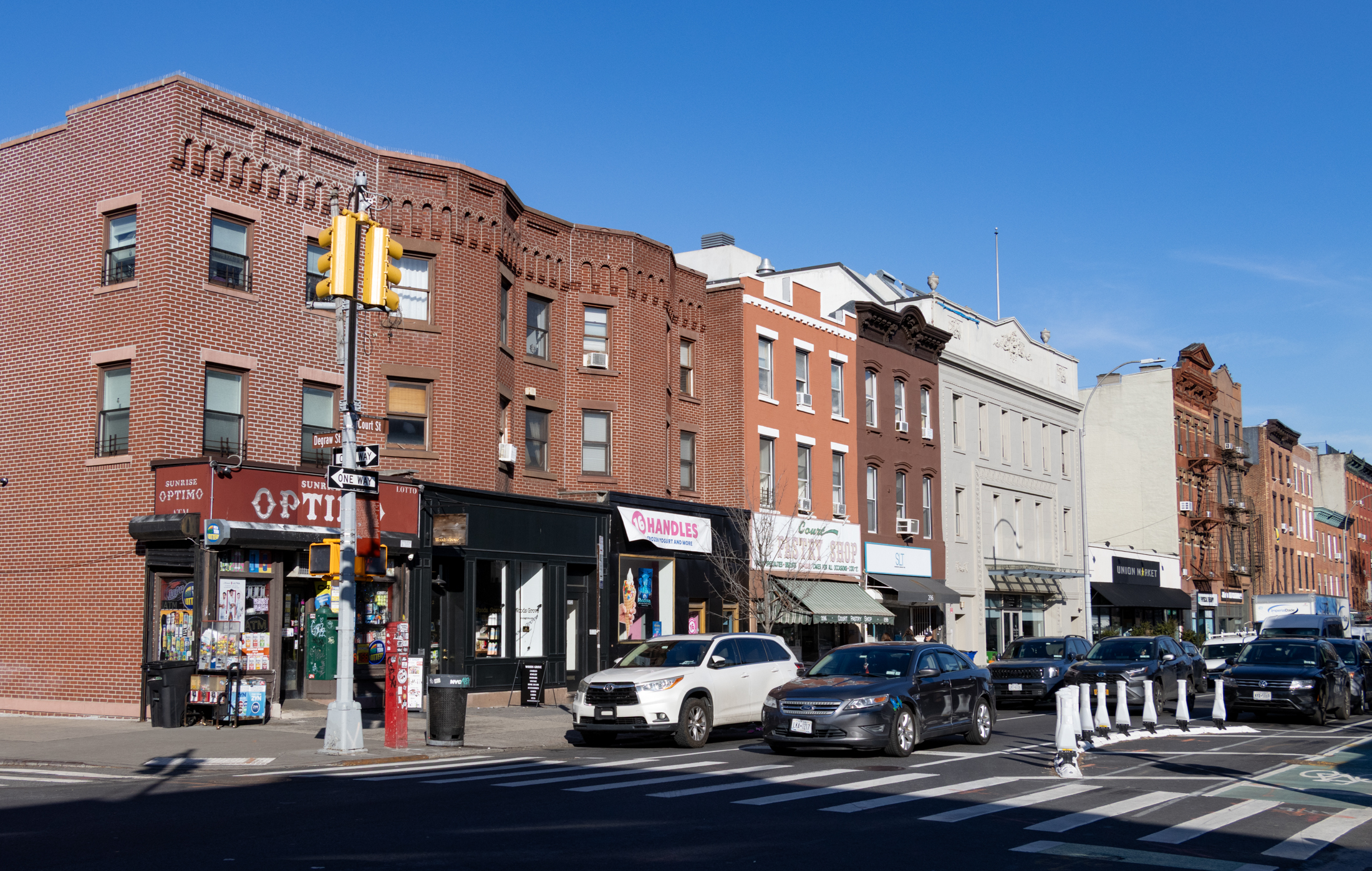Wall Street Experts Can't Agree on Housing Bubble
Goldman Sachs’ chief U.S. economist Jan Hatzius thinks the worst is behind the housing market. “The point of maximum deterioration in housing activity has probably passed,” he wrote in and October 20 research report. “The sharp downturn of the past year seems to have brought total housing starts—single-family starts, multi-family starts, and mobile-home shipments—close to…
Goldman Sachs’ chief U.S. economist Jan Hatzius thinks the worst is behind the housing market. “The point of maximum deterioration in housing activity has probably passed,” he wrote in and October 20 research report. “The sharp downturn of the past year seems to have brought total housing starts—single-family starts, multi-family starts, and mobile-home shipments—close to the level justified by the underlying demographics.” David Rosenberg, North American economist at Merrill Lynch disagrees: “Our research suggests that this housing cycle does not bottom out until starts reach the 1.3 million mark. So contrary to popular opinion, we are barely in the fifth inning of this down-cycle on the construction front.”
Who’s right? If you listen to the markets, it’s Rosenberg. Futures traders playing the Chicago Merc’s housing futures are collectively forecasting another 7% decline over the next 12 months.
Is Housing Out of the Woods? [Business Week]





No one knows for sure what the future will bring, but we do know something about the recent past. In the three months June-August 06, the average price of a Manhattan apartment dropped 7.9% and the median price was down 5.4%.
http://www.therealdeal.net/issues/OCTOBER_2006/1159651881.php
Oh, but I forgot, that’s somewhere else, not Brooklyn. I’m sure the price of real estate in Manhattan has nothing to do with prices in Brooklyn.
“Wall Street Experts Can’t Agree on Housing Bubble”. Apparently, neither can brownstoners.
You say potato, I say po-ta-to. Let’s call the whole thing off.
Maybe both sides are right(???)
Thanks for the reference to the RIHA study on baby boomers. Actually, it says that you can break out results for larger metropolitan areas, i.e. NYC…
….”Because smaller metropolitan areas on average have fewer desirable amenities in the central city and lower commuting times from the suburbs than very large metropolitan areas, it may be that suburban-to-urban mobility may be more prevalent and concentrated
in very large metropolitan areas, even if it is not much of a factor ationally. In order to explore this, Figure 18 expands the analysis with the Census data and plots by age group
the suburban-to-urban mobility rates for the ten largest metropolitan areas defined by the U.S. Census Bureau (Atlanta, Chicago, Dallas, Detroit, Houston, Los Angeles, New York, Orange County, Philadelphia, and Phoenix) relative to all the other metropolitan
areas. As the figure indicates, suburban-to-urban mobility by empty nesters is significantly higher in the largest metropolitan areas (12.5 percent) than in all other metropolitan
areas (7.5 percent).”
And expanding the time frame and the geographic reach to nationally concludes (using last 10 years) for the nation as a whole…
“In particular, over the last
decade, in a given five-year period, the results indicate that only 2.1 percent of all empty-nest
retirement-age suburban homeowners can be expected to move to an urban area….”.
So baby boomers are not packing up in droves and moving to metropolitan areas, but in large cities (i.e. ours)
over the past 5 years, 12.5 percent of the surburban baby boomer movers were moving to the central city. They should then break that out, NYC versus other big cities, i.e. Houston, Phoenix, Detroit (yeah…? rich baby boomers moving to downtown Detroit?). Not many empty nesters are moving from the hinterlands there to downtown because there because you don’t get much more there. And nationally? Since driving from a nice large house in KC to downtown might take you 20 minutes, why live downtown? I may be one of those deluded people “talking my book” but this report doesn’t exactly make a
compelling case that baby boomers aren’t a factor in the NYC real estate demographics.
My humble opinion.
More foolish nonsense.
Tuition is not determined by supply and demand. At Columbia, at least, tuition only accounts for about 1/3 of the cost of actually educating a student. If it was a question of supply and demand, the elite schools would simply charge half a million and let those who would be willing (yes, there would be) to pay, do so.
If you want to make a comparison, how about relative to inflation since assumedly people who live in brownstones procure any number of goods and services? From 2000 to 2006, inflation has increased 18%. The increase in real estate is significantly higher than that.
Um, WEST, where are you telling me “what is actually happening”??? As Rather Amused pointes out, none of the posters on this thread who insist that market conditions everywhere and anywhere else have nothing to do with Brooklyn have offered any data on “what is actually happening”. And neither have you. I can sling anecdotes with the best of them (ie, the only offer my brother has received on his Tribeca loft with dramatic views and lots of light was 10% below asking price — and the broker is saying take it), but that would just be anecdotal, wouldn’t it? Where on this thread has someone offered anything other than anecdote on Brooklyn real estate? All I see are unsubstantiated claims that for some reason Brooklyn is going to be exempt from all national trends in the housing market.
I think the point behind a comparison between real estate and tuition is that prices are set by supply and demand. As long as there are people with jobs and money looking to live in the City, brownstone prices will stay strong. I actually think that following the price of something like tuition (private school or college) since a significant percentage of Brownstone owners also likely have kids.
I think anonymous poster 2:02 makes a good point about trade up buyers, particularly buyers selling out of 1-2 bedroom apartments in Manhattan and buying into houses in Brooklyn. Over a 10 year period, the discount on a Brooklyn Property relative to a Manhattan property has been eaten away.
Or we could just cede the argument to the rabid rosy outlookers and say that any brownstone under $10MM is a steal because Brooklyn brownstones are limited and different. I mean, really. Why stop at $1.8MM or $2.2MM. Those numbers are so capcricious for an asset which can’t be compared to anything else in the world.
I like this site, because it appears to have a braod demographic and rather diverse opinions. That said; this discussion has been one of teh more entertaining ones. On one side, you have individuals pointing to numerous economic indicators, which are based on national statistics, and stating housing prices are growing to drop in Brooklyn. They support their argument by citing references regarding areas outside of Brooklyn, and the immediate surrounding areas. While these arguments have some basis, the foundation of the argument is clearly more speculative than specific, as few examples are given regarding Brooklyn. That said, the inviduals, arguing that Brooklyn housing has already seen the worst and is not going to face a correction, rely on a totally different basis. They argue the point made above that all the indicators don’t apply to Brooklyn (essentially stating Brooklyn real estate is a completely insulated island from the rest of the country); instead, of arguing that the indicators are speculative and not a direct reference to Brooklyn or an exact guide on how Brooklyn will respond. These individuals continue by making comparison between college tuition and real estate (I leave that one alone). and finally, the argument that everyone loves the City and everyone will always want to live in the city, and that will never change (obviously some who moved to the City within the last 7 years and never heard of David Dinkins).
I think everyone needs to forget their bias, if possible, and take a moment. Housing is going through a correction. Even Brooklyn has started to feel its effects (properties are staying on teh market longer and sellers are actually negotiating sometimes). Still, Brooklyn’s housing prices are not falling substantially and currently do not show any sign of a drastic fall. A correction is being made, I think it will be a gradual correction. I do not think it will be a huge correction, but a house that 5 years ago was selling for 1.0M and is now asking for 2.0M is a big mark-up, which does not appear to be supported by any economic indicators, either national or locally. Further, a 25% reduction (some believe to be a crash) in such a house will only bring the house down to $1.5M. Most Brownstones are not bought on investment, and if they are, they usually are used as rental properties, not as a house flip. Many people who own houses now will probably just wait out the correction, some will sell for various reasons, but overall, in whatever the circumstance, most who own such homes, and not in a situation which will affect their financial well being.
You are missing out on the enormous impact of the trade up buyers. A couple that made $200K in two years on a one-bedroom might be able to swing the $1MM or more for a brownstone or larger condo. But after awhile, ther are fewer buyers at the bottom for the $400K+ one-bedrooms and it stalls everything. I was told my apartment was worth $1M+ last year (and could sell quickly cause there was nothign the size)– now I see comparable ones on the market for $990K and just sitting…